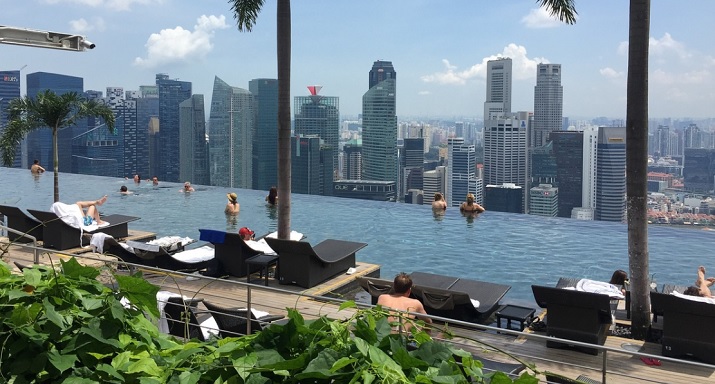
Numerous states have reformed medical marijuana laws, and medical marijuana research continues in many of them as well as in other parts of the world. But in countries in the Asia-Pacific region, things are quite different.
Singapore has some of the strictest drug laws worldwide. Possessing just over a pound of marijuana could result in the death penalty under Singapore’s 1973 “Misuse of Drugs Act,” according to Hawaii Public Radio. Yet, the country has decided to allow research and development on marijuana’s medicinal properties.
Singapore’s pharmaceutical industry is thriving with research, development and increased focus on biotechnology, which has generated an interest in medical marijuana; Specifically, lab-created medical marijuana. Singapore’s National Research Foundation introduced a 5-year program to create fully-synthetic medical-use cannabinoids.
This work is part of an $20 million program surrounding Synthetic Biology Research and Development.
Government officials advised that there are multiple focus areas for the program, including researching yeasts and bacteria as well as biochemical—all could have major commercial applications.
Synthetic cannabinoids are making big headlines in Singapore. Officials said that broadening the areas of synthetic biology might be a key to future job creation and sources of revenue.
 AZ Marijuana Arizona Marijuana Info
AZ Marijuana Arizona Marijuana Info






